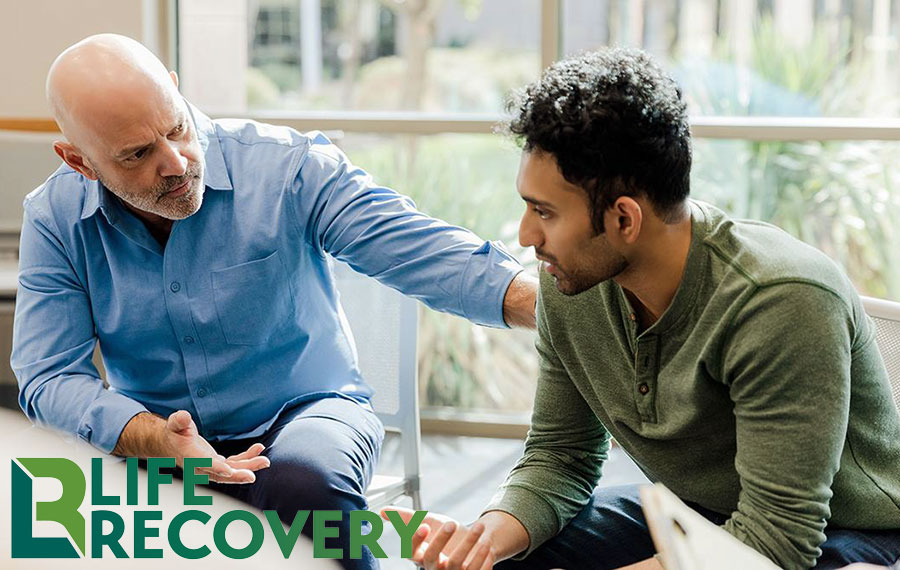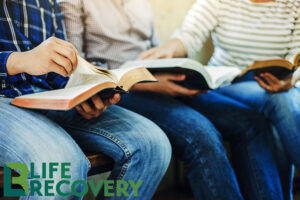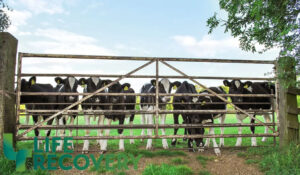A part of any recovery process will include a relationship with a sponsor. A sponsor is someone who has gone through the 12 steps, has been in recovery for at least a year, and has had a sponsor relationship.
Life Recovery Step 12 states, “Having had a spiritual awakening as a result of these steps, we tried to carry this message to others and to practice these principles in all our affairs.”
One of the best ways to carry the message of recovery is by becoming a sponsor. Ready to take the step of sponsorship? Here are the 7 characteristics of being an effective sponsor.
- An effective recovery sponsor has worked all of the 12 Steps.
To become a sponsor, they must have worked through all of the 12 Steps and have also had a sponsor. In addition, it is also important that they are walking in freedom from life-controlling issues. - An effective recovery sponsor doesn’t just “talk the talk” but will “walk the walk.”
Sponsors should have good fruit in their lives— setting an example to follow. The role of a sponsor is like a mentor, and if there is still a challenge in their own recovery, it will negatively affect the sponsee. - An effective recovery sponsor finds time to connect often.
They are available to answer or return phone calls and have periodic face-to-face conversations in person or online via Zoom or FaceTime. They are careful not to sponsor more people than they have margin. Sponsoring too many people at once may diminish the effectiveness of the sponsor/sponsee relationship and may lead to burnout. - An effective recovery sponsor has gone through similar struggles as their sponsee.
It’s helpful to have gone through similar struggles. Generally, people who struggle with substance abuse issues work best with people who have found freedom from substance abuse, and those who struggle with behavioral or process addictions work best with those who have overcome similar issues. But it is not a mandatory rule. - An effective recovery sponsor will only sponsor someone of the same gender.
Sponsoring someone of a different sex may be more distracting than beneficial, so only sponsor someone who is of the same sex. It also prevents any boundary issues that could arise. - An effective recovery sponsor is trustworthy enough to confide in while still holding their sponsee accountable.
Safety, trust, and honesty are essential for a sponsor-sponsee relationship. The sponsee/sponsor relationship requires trust. This will be foundational for accountability in their recovery. - An effective recovery sponsor will do everything possible to fulfill their role.
Here are some responsibilities a sponsor has toward their sponsee:- Help them acclimate to recovery in Steps 1-3.
- Coach them through all their step work; try using the Life Recovery Workbook.
- Listen to their Fifth Step.
- Encourage them and provide accountability.
- Set a good example.
- Teach in a reproducible manner so they can teach someone else.
- Guide them to the Life Recovery Bible for answers.
- Meet them where they are on their recovery journey.
- Understand that a sponsor’s job is not to meet their sponsee’s needs.
- Know where to direct them for resources: liferecoverygroups.com and newlife.com.
To learn more about becoming a sponsor, email LRT@newlife.com. Click here to find a Life Recovery Group online or in person.
by Terri Ward
4 Ways to Break Free from Binge Eating

















